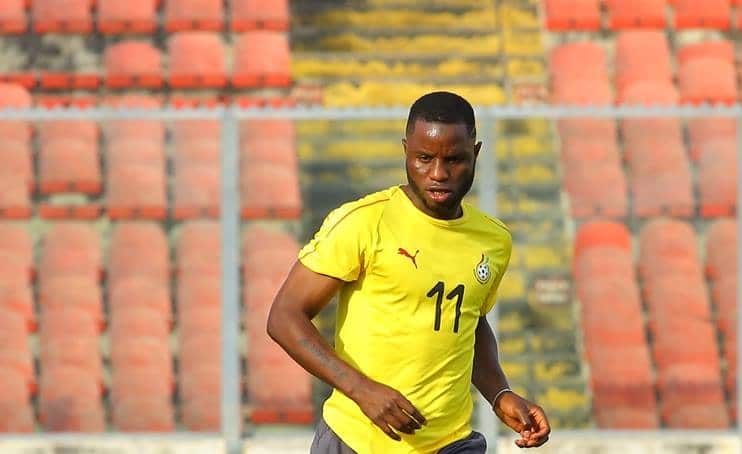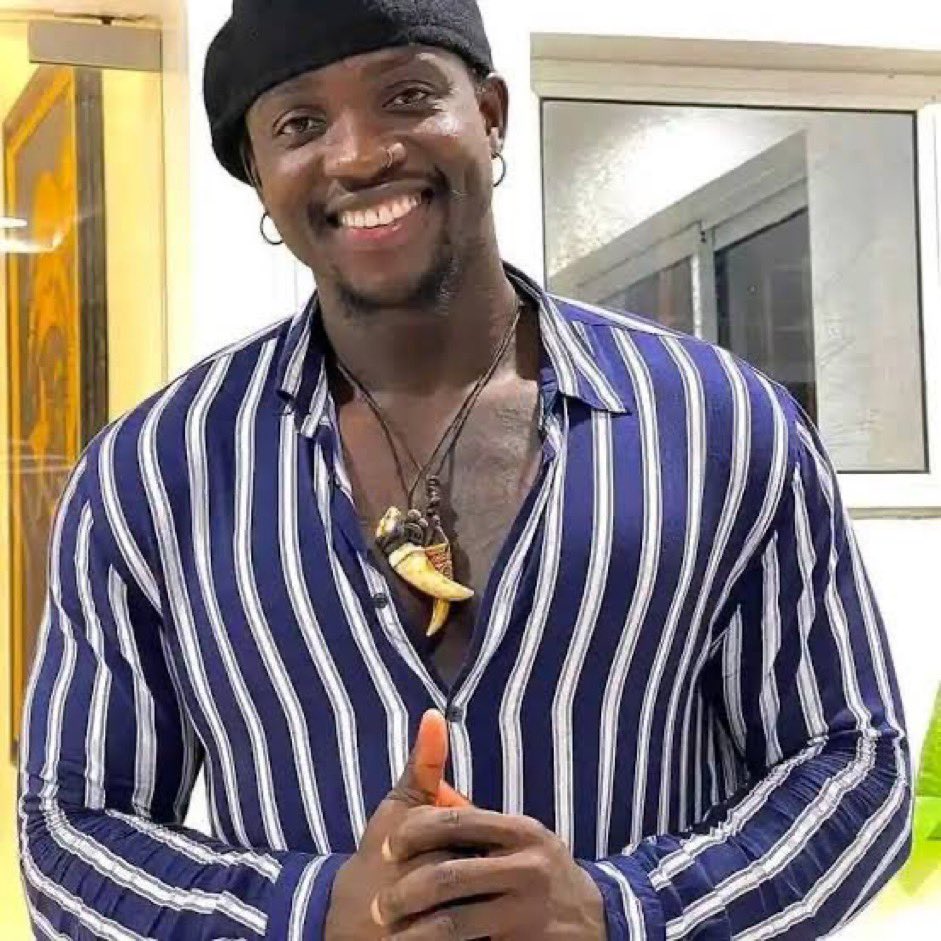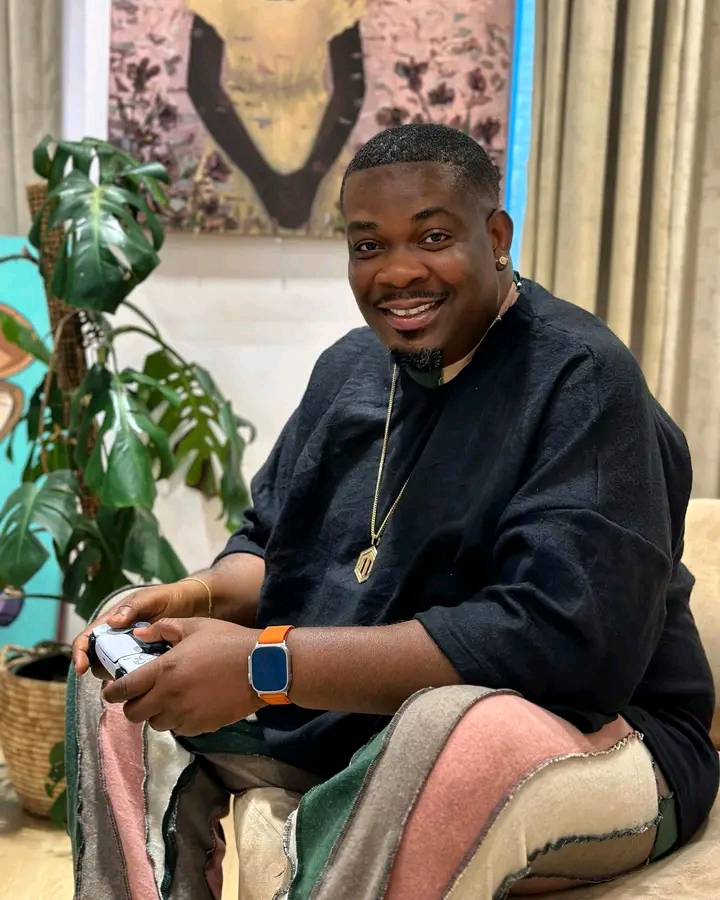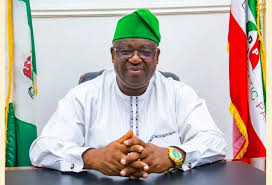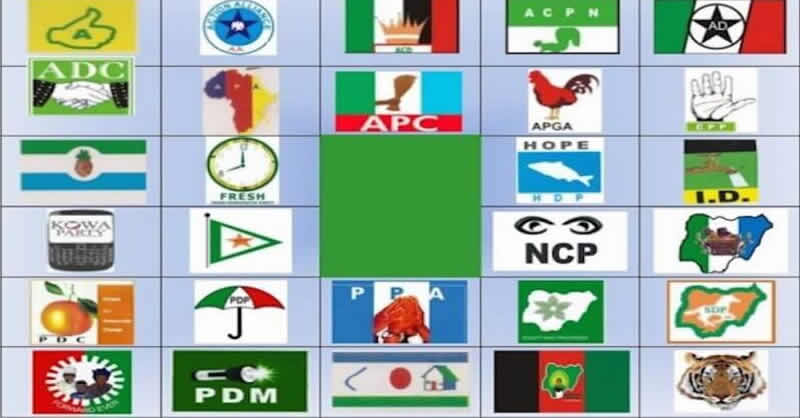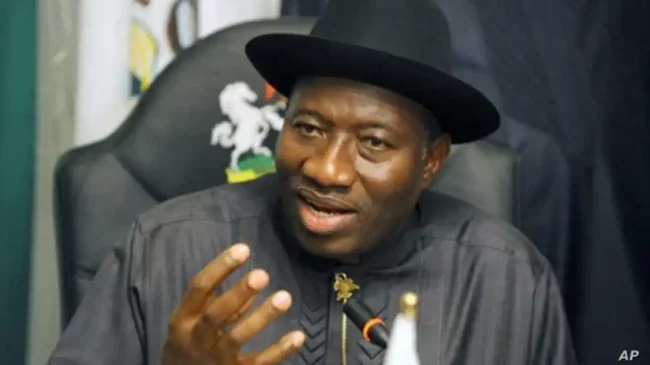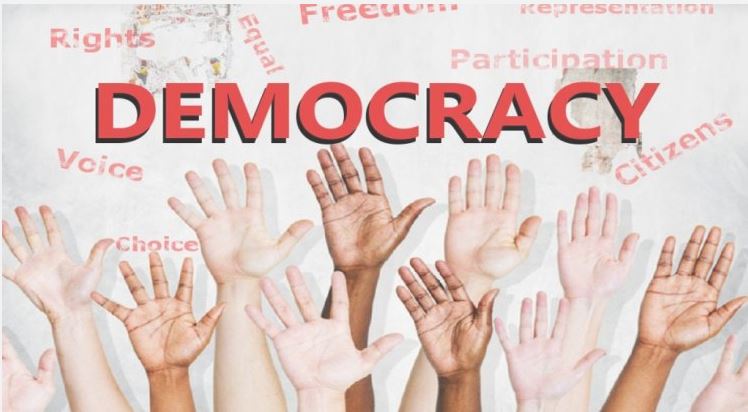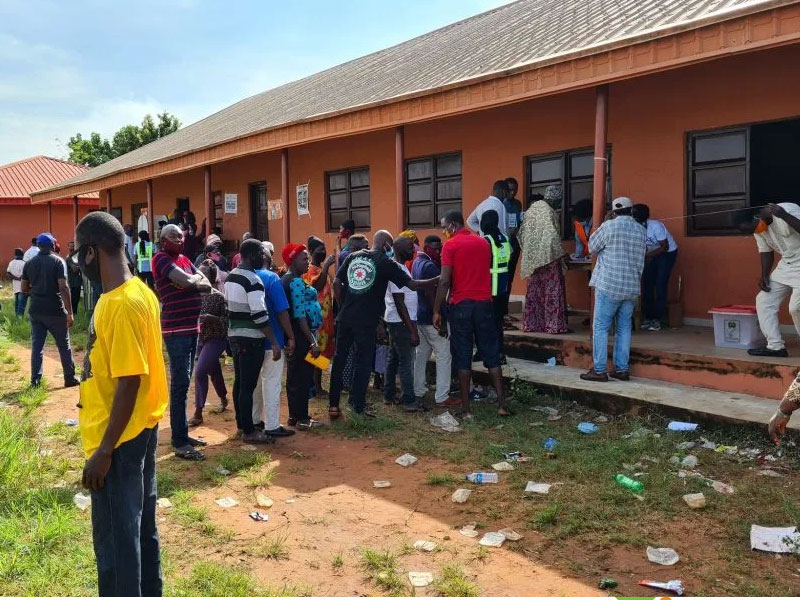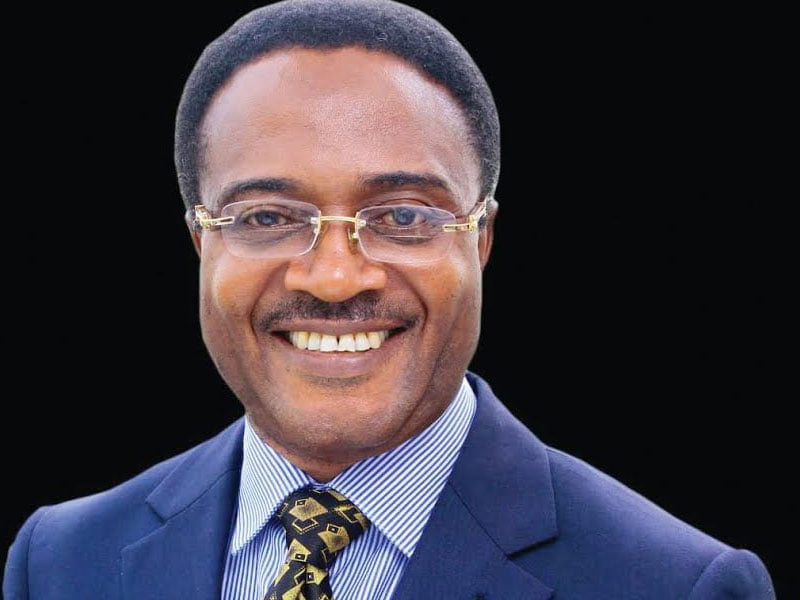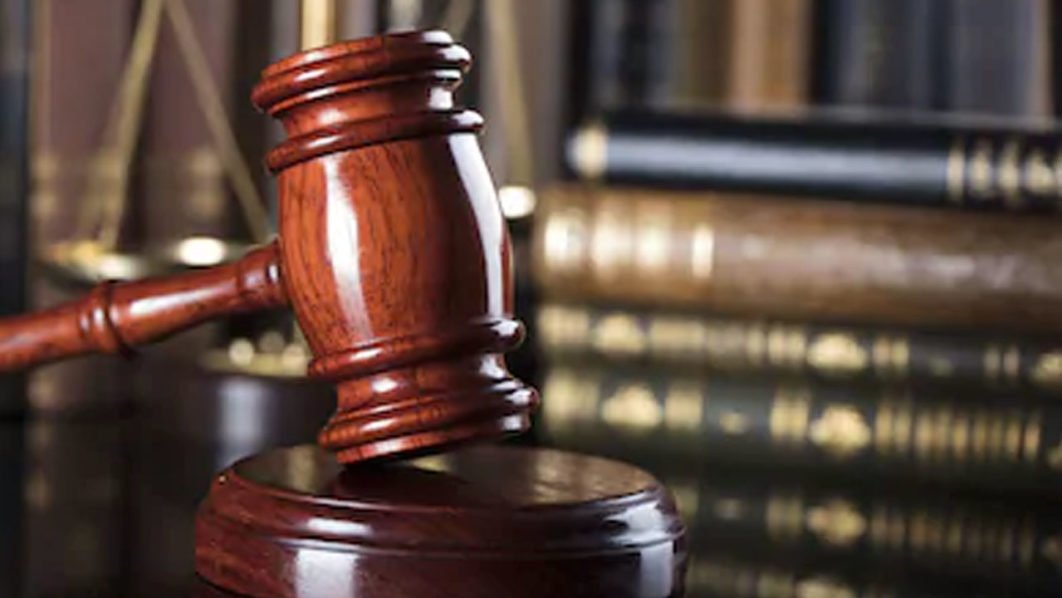2025 Golden Globes: Kathy Bates Rips Up Speech After Losing to ‘Shōgun’s’ Anna Sawai
For some celebs, the party didn’t stop at the 2025 Golden Globes.
In fact, a few of the night’s winners from the annual ceremony—which took place Jan. 5 at the Beverly Hilton Hotel in Los Angeles—made sure to dance the night away after scooping up a trophy for their performances. (For a look at all the winners, head on over here.)
One of those coveted winners included Zoe Saldaña, who won Best Supporting Actress – Motion Picture for her work in Emilia Pérez. And the after-party festivities are well deserved, considering her emotional speech.
“My heart is full of gratitude,” she said while tearfully accepting her award onstage. “My family. My mom is here, my sisters, my mom, my husband and my sons. I love you. I love you. You guys are everything.”
But she wasn’t the only winner in the building, of course. Also celebrating her first Golden Globe win was Shögun‘s Anna Sawai, who won Best Actress in a Television Series—Drama, in addition to wins for her costars Tadanobu Asano and Hiroyuki Sanada in the Best Supporting and Best Actor categories, respectively.



